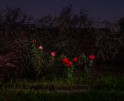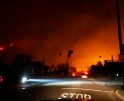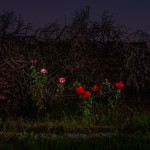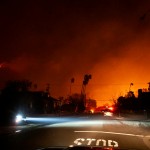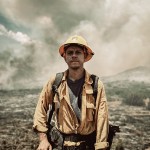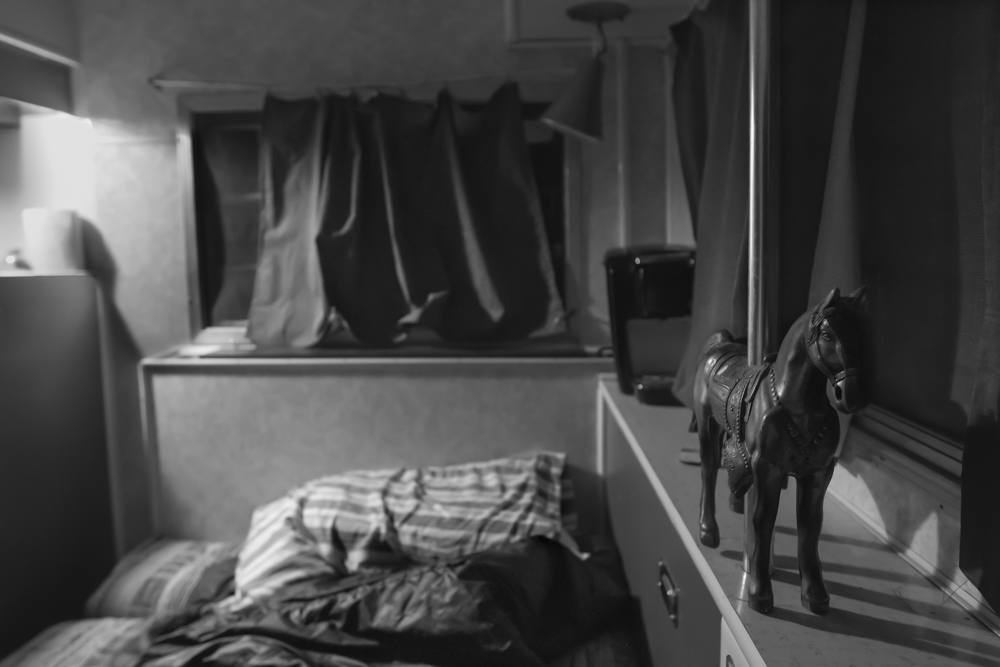
©Valerie Zink
I’ve known
Valerie Zink’s since I was working on my book
Out West (2014) and was looking for photographers who had photographed rural Saskatchewan. In the Canadian province three times the size of the United Kingdom I only found three. This is a common theme of good documentary photography in Western Canada – its hard to come by. Raised in rural Alberta, like a bunch of us who ‘moved on’ temporarily, she adopted the camera as a mechanism for understanding the prairies. She was part of the Imaginations special edition – North by West – that I co-edited as she collaborated on a piece called
Placing Nostalgia: Affect and Photography in the New Saskatchewan with Vera Saltzman (images) and Jon Petrychyn (words).
Zink’s Fault Lines: Life and Landscape in Saskatchewan’s Oil Economy (2016), a collaborative book with Emily Eaton, is a strong example of in-depth photographic reportage on the current state of oil in the province. Exaggeratedly, oil is an environmental curse but an economic savour, and is just one of the latest commodities that has brought economic prosperity to the region. Common of the region is primary resource extraction, a staple economy in some respects reminiscent of the country’s, and then the region’s function as a colony. The true historical importance of these images will come to reveal themselves in time, as the cycle of boom and bust continues for industries in the Canadian West.
Raised on a dairy farm in the foothills of Alberta, Valerie Zink turned her attention to photography after moving to southern Saskatchewan in 2010. Struck by the seemingly featureless prairie, photography became a means of learning about a landscape known only to its insiders. Her work focuses on metabolisms between people and nature, issues of economic migration and displacement, and the intersection of landscape and memory. Through photography, she seeks to reveal the ordinary ways that people struggle to live right and defend their attachment to home.Valerie received her bachelor’s in History from Dalhousie University before studying at the International Centre of Photography in New York. She served as Editor/Publisher of Briarpatch Magazine from 2010 to 2014, and is currently a student at the Centre for Documentary Studies at Duke University. Her collaborative book of photography and text with Emily Eaton, Fault Lines: Life and Landscape in Saskatchewan’s Oil Economy, is published by University of Manitoba Press (2016) and was nominated for a Saskatchewan Book Award. She lives and works in Fort Qu’Appelle, SK.
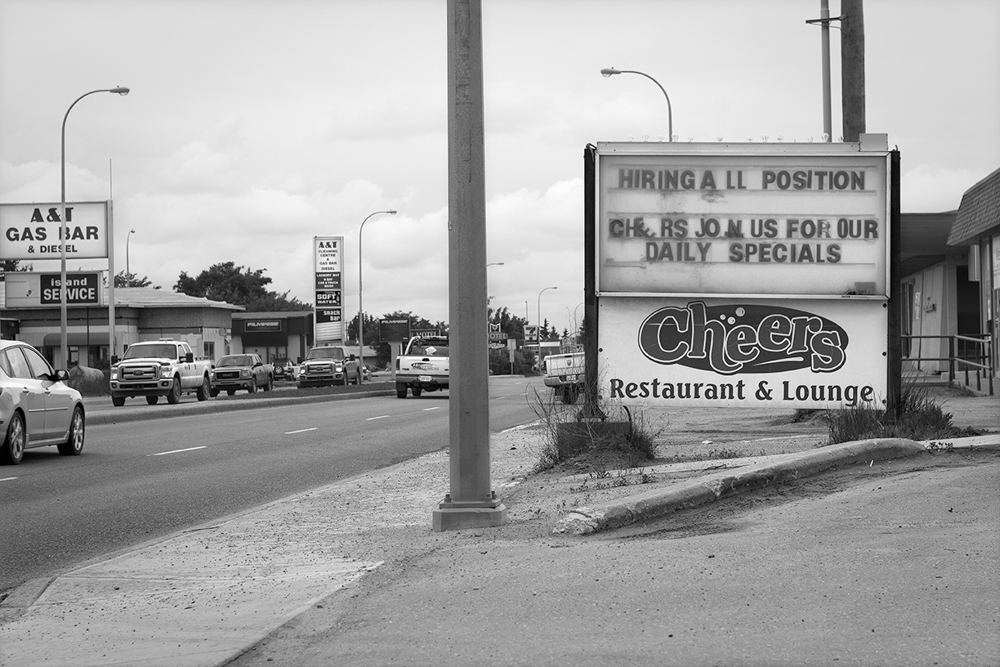
©Valerie Zink
Agriculture is the bone structure of Saskatchewan – a grid of township and range roads that mark the boundaries of square-mile sections surveyed for homesteaders. Railway lines laid to carry wheat connect towns that are now reckoning with death by dispersion.
As iconic wood-crib grain elevators, pumpjacks have taken their place as the new fixture of the prairie landscape. To the extent that the Dog River-like quaintness of Corner Gas or the historicized family farm ever existed, they have now been supplanted by space relations patterned around neoliberal modularity, compartmentalization, and mobility in a transnational, boom-bust economy.
Spanning communities across the province, from the sea-can motel on the outskirts of Estevan to the seismic testing sites on Thunderchild First Nation’s Sundance grounds, Oxen to Oil considers the ways in which the expansion of the oil economy is materialized in the visual and cultural landscape of the prairie. More than a didactic lament for a pastoral plains, this series of black and white portraits, interiors, and landscapes serves as a testimony to a moment of transition and urges viewers to consider the complexities and consequences of rural communities’ engagement with the oil economy.
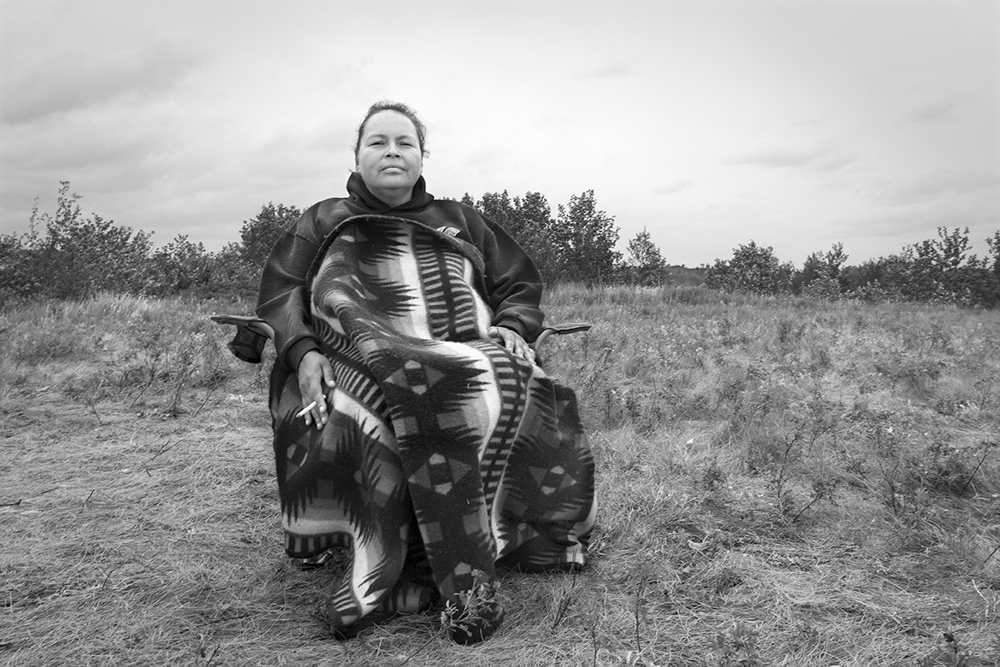
©Valerie Zink
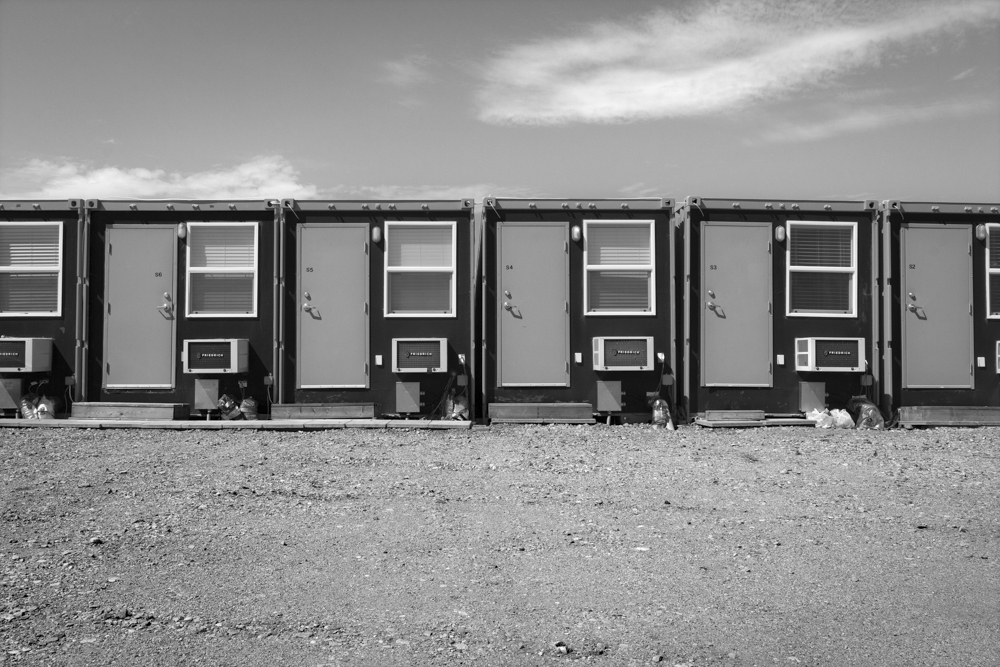
©Valerie Zink
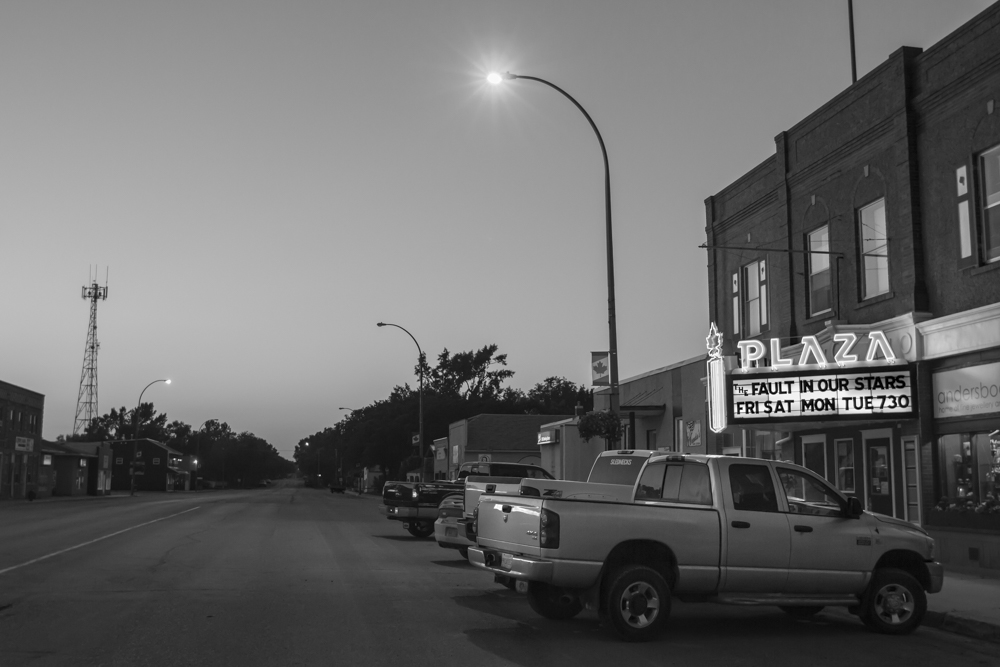
©Valerie Zink
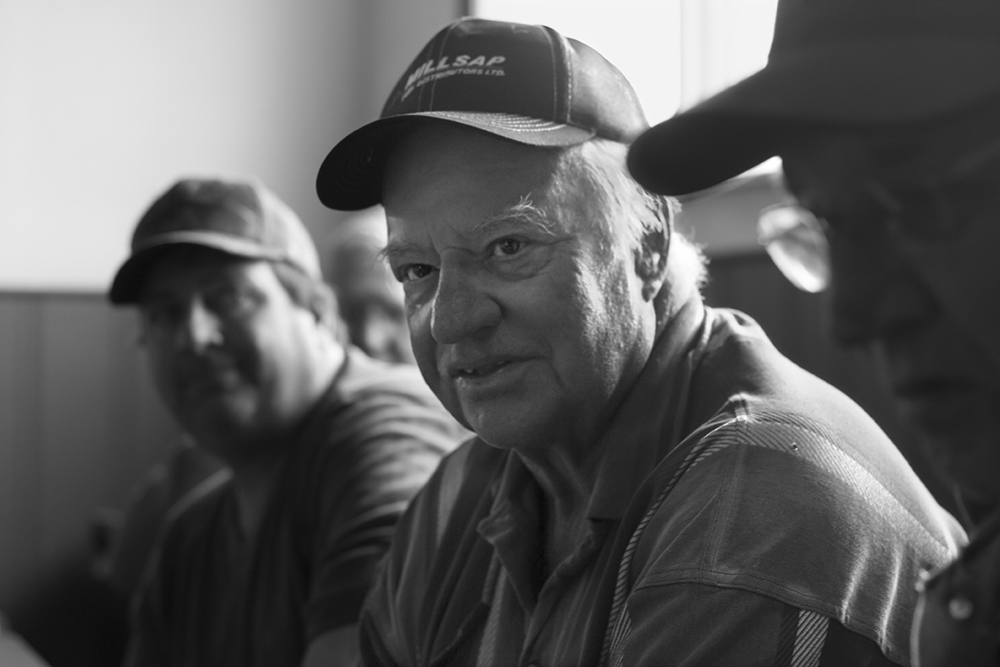
©Valerie Zink
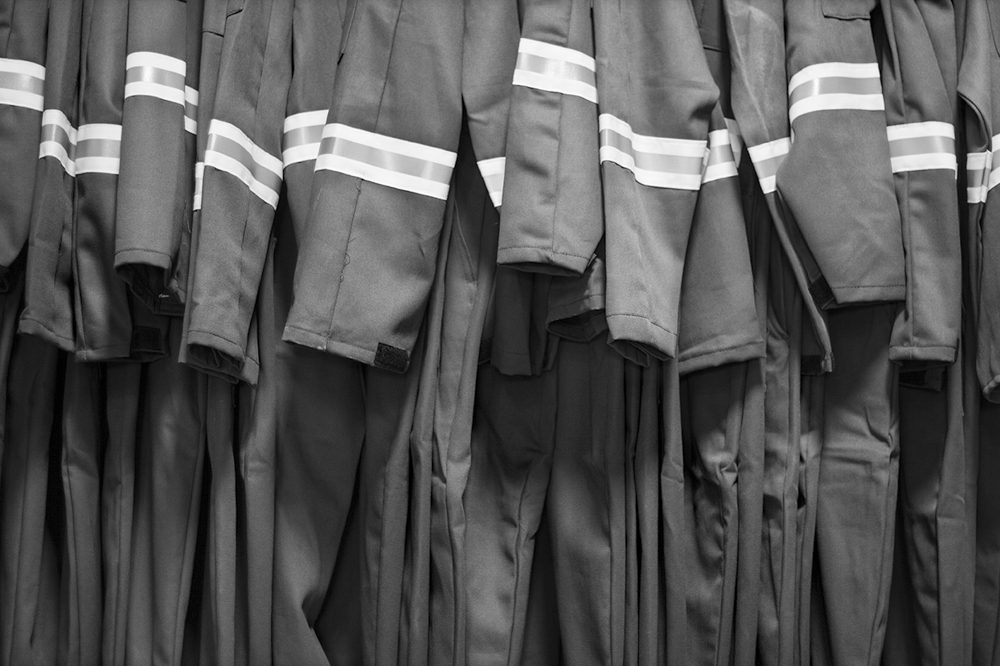
©Valerie Zink
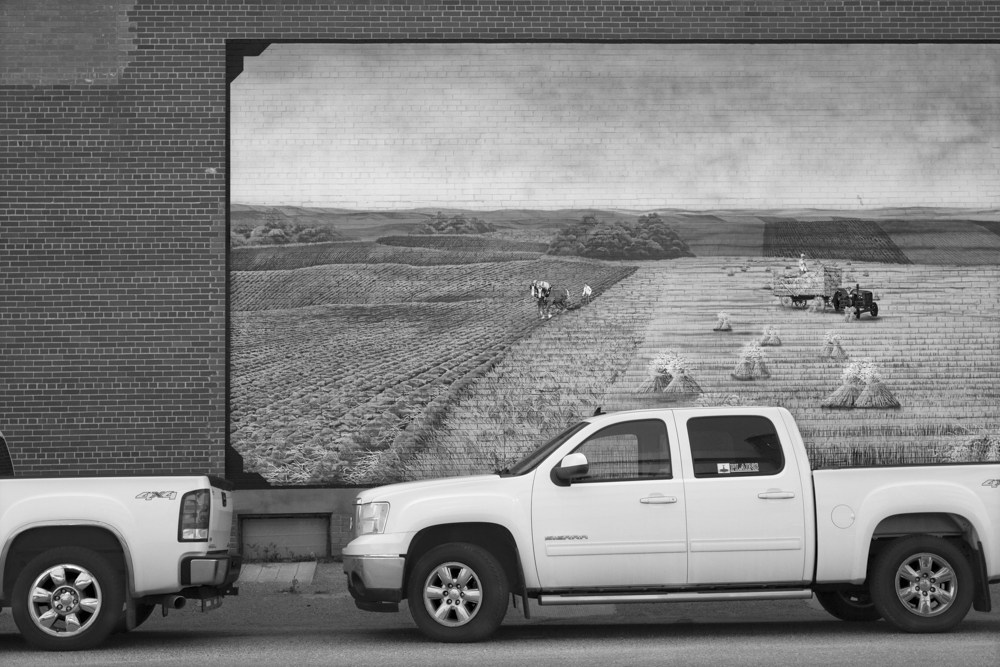
©Valerie Zink
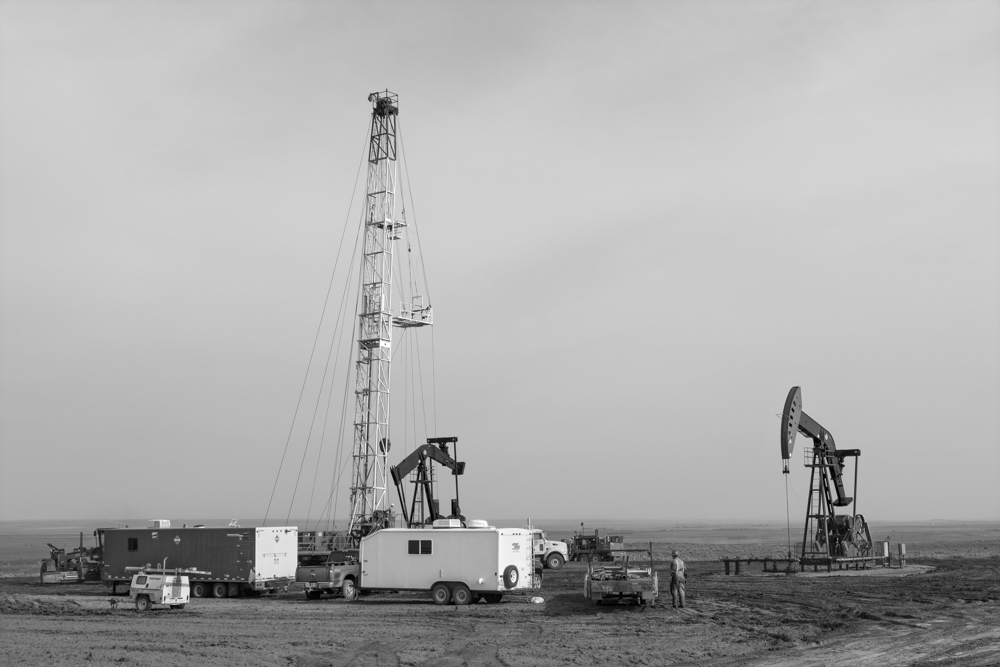
©Valerie Zink
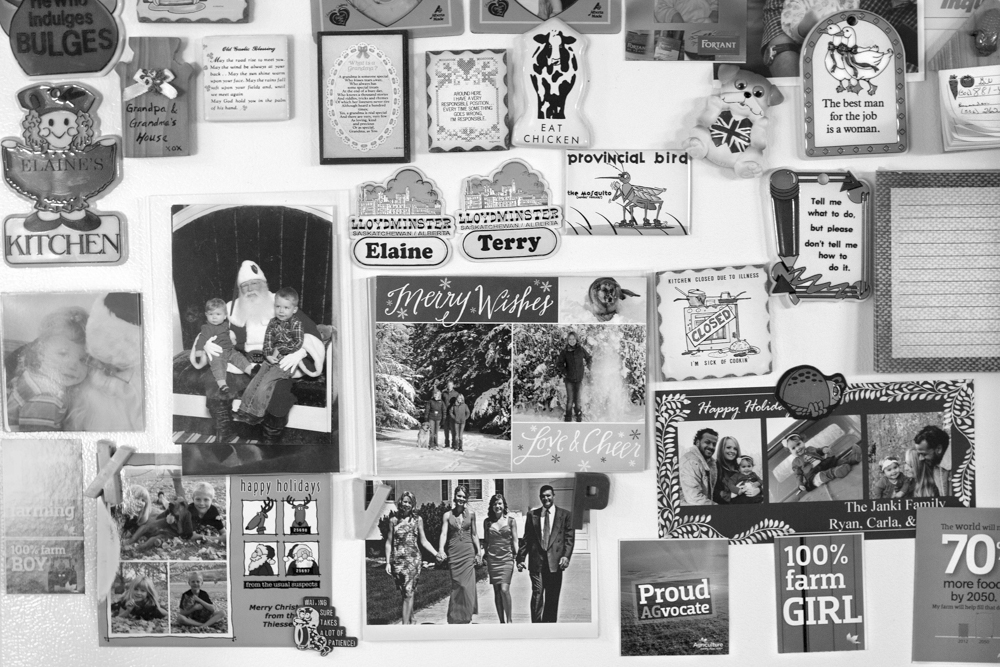
©Valerie Zink
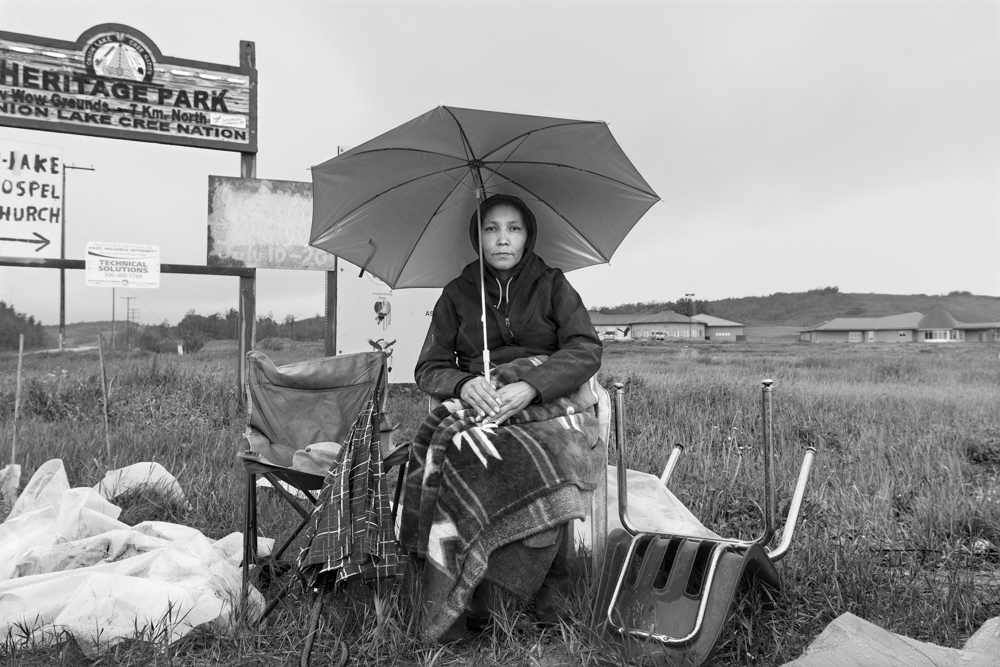
©Valerie Zink

©Valerie Zink
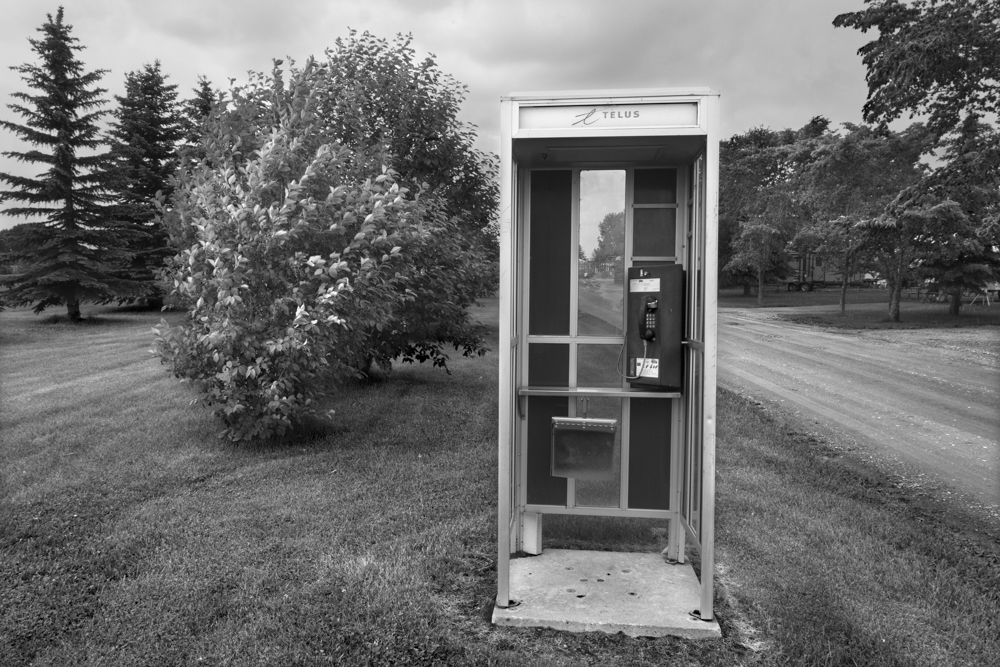
©Valerie Zink
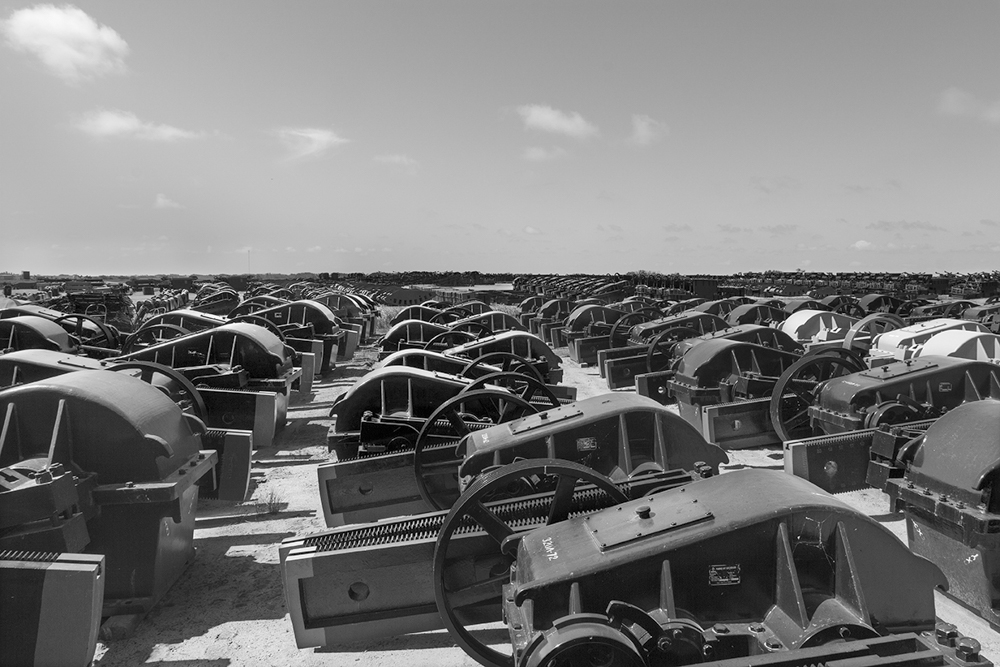
©Valerie Zink

©Valerie Zink
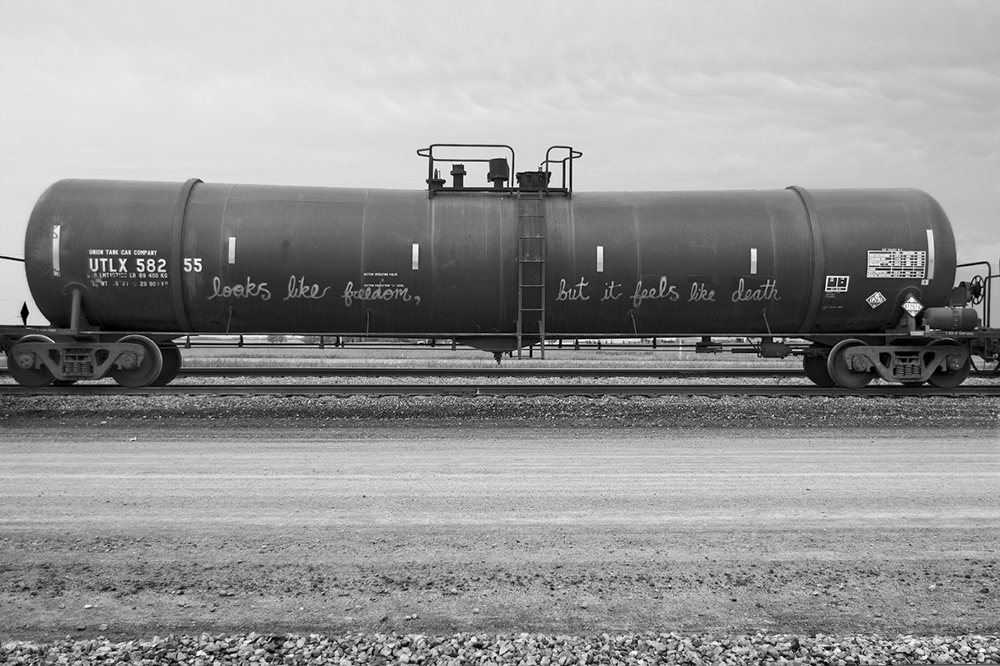
©Valerie Zink
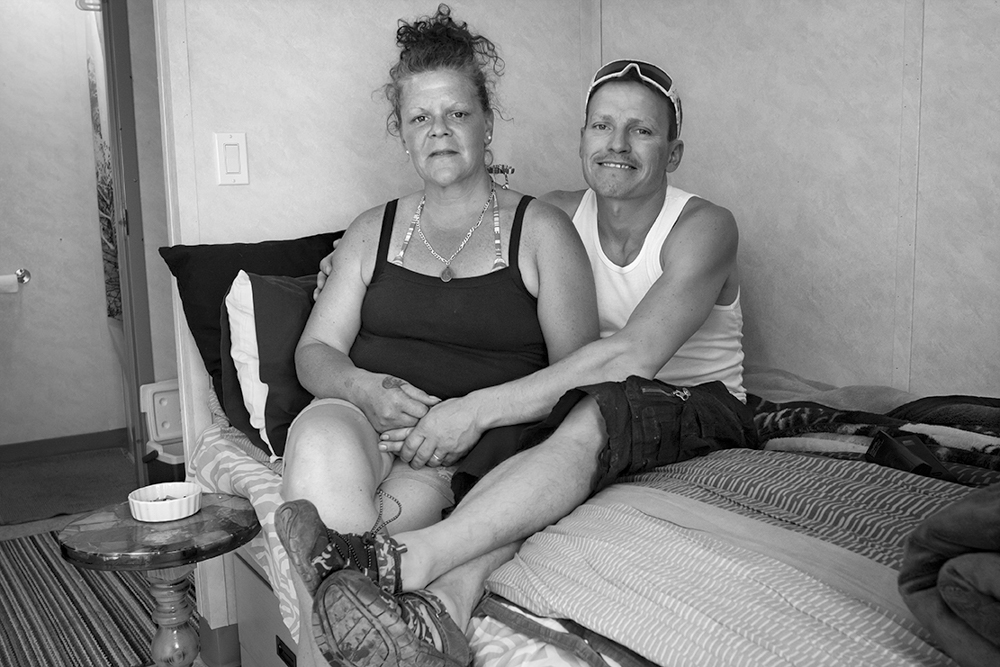
©Valerie Zink

©Valerie Zink
These photos are excerpted from Fault Lines: Life and Landscape in Saskatchewan’s Oil Economy, published by the University of Manitoba Press.



















